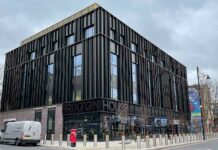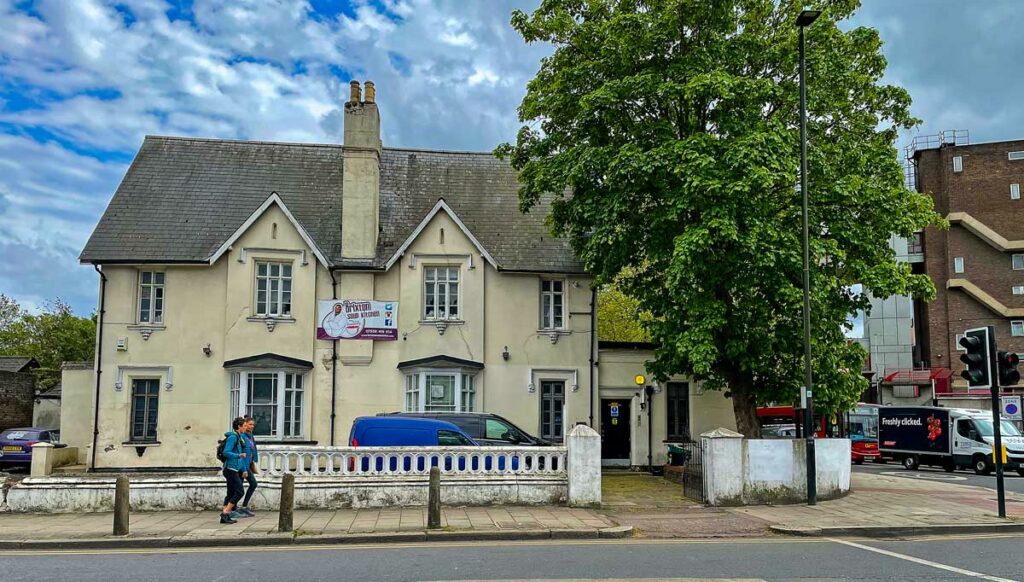
Initial feasibility work is under way as part of a scheme to preserve, celebrate and develop the historic building that is home to two of Brixton’s most significant community organisations.
The home of the Brixton Immortals Domino Club and the Brixton Soup Kitchen, at the junction of Coldharbour Lane and Moorland Road, is a Grade II listed building in serious need of care and repair.
It has been a key social centre for Brixton’s African Caribbean community since its establishment – recommended in Lord Scarman’s report on the Brixton Uprising of 1981.
Known to many Brixtonians simply as “The Domino Club”, the Lloyd Leon Community Centre (LLCC), formerly the Brixton Sports and Social Dominoes Club, began life as two mid-nineteenth century houses.
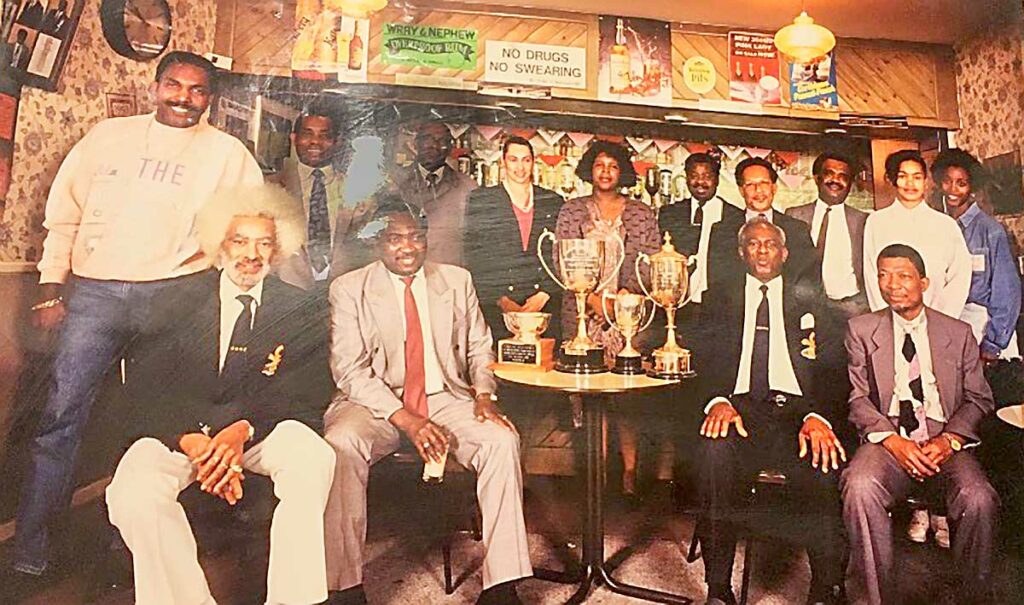
Lambeth council and the Ubele Initiative, a social enterprise, have been working on plans for some time. Ubele is a Swahili word meaning “future. The initiative is an African Diaspora led intergenerational social enterprise founded in 2014 to help to build more sustainable communities across the UK.
Five design teams were invited to tender for a feasibility study and, with involvement from representatives of LLCC stakeholders, appointed the Gbolade Design Studio.
The studio will lead a team including Urban Symbiotics and Green Tea Architects.
Research by the The Ubele Initiative highlighted “a need and opportunity for investment in the building to create a long-term sustainable model for the community centre, and the services it can support”.
Donatus Anyanwu, council cabinet member for the voluntary sector and leisure, said: “As we commemorate the 40th anniversary of the 1981 Brixton Uprising, we look forward to delivering the council’s ambitious vision to support, celebrate and build upon the legacy of this iconic Black-led community centre.”
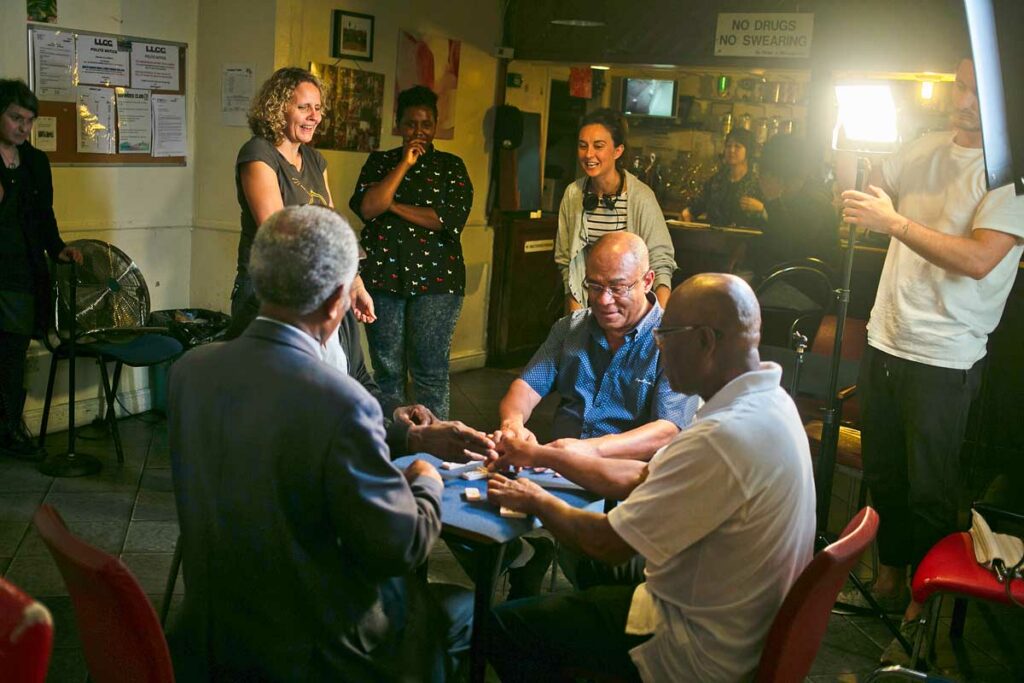
The winning team said it proposed creative ideas to:
- Preserve LLCC’s rich history
- Celebrate the work of the current occupiers
- Ensure a sustainable evolution of the building “that responds to the environmental, socio-economic, and digital needs of this tight-knit community”.
Feasibilty work is now under way. More information about the building and its occupants is on a special section of the Gbolade Design Studio website.

Tara Gbolade, director of the studio, said: “We are incredibly excited to work with the vibrant building occupiers and local community who are committed to delivering this scheme successfully.
“Our multi-skilled team bring expertise in community engagement, community buildings, and sustainable design to breathe new life into this important community asset that will connect the history & legacy of LLCC.”
Yvonne Field, founder and CEO of The Ubele Initiative said the organisation “is delighted that we now have a talented team of Black and minoritised professionals in place to develop the feasibility study.
“They were chosen in consultation with centre user groups and are viewed by all of us to be the best possible team to help bring to life our emerging vision for such an iconic community space in Brixton.
“We look forward to working closely with them to ensure that the voices of the local community remain integral to the plans.”
The Coldharbour Lane building – listed Grade II shortly before the 1981 Uprising, and squatted after it – was gifted to the local community by Lambeth council following the recommendations of the Lord Scarman report.
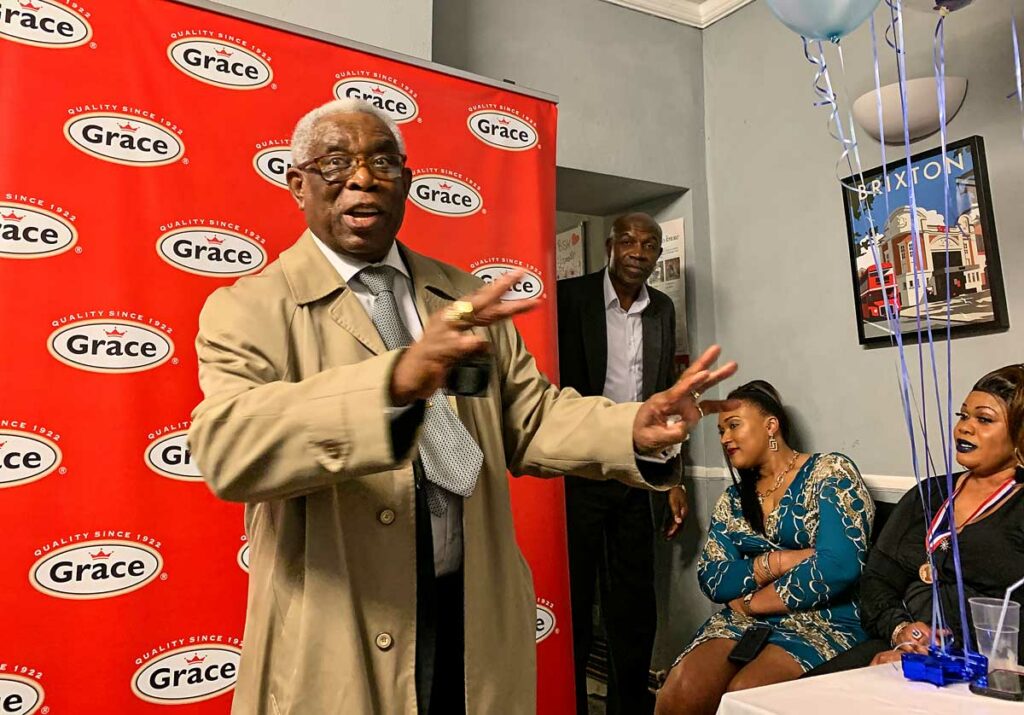
It is named after Lloyd Leon MBE, the first Black mayor of Lambeth and a founder of the Brixton Immortals domino club in the 1970s, who was also a landlord of the Atlantic pub – currently the Dogstar – which hosted the Immortals before the Coldharbour Lane premises were obtained.
Full design team and roles
- Lead designer and sustainability expertise – Gbolade Design Studio
- Community engagement and urban design – Urban Symbiotics
- Community building expertise – Green Tea Architects
- Structural engineers – Tisserin Engineers
- Quantity surveyor – Quaye Services
- Expert advisors – Elsie Owusu OBE and Bola Abisogun OBE

